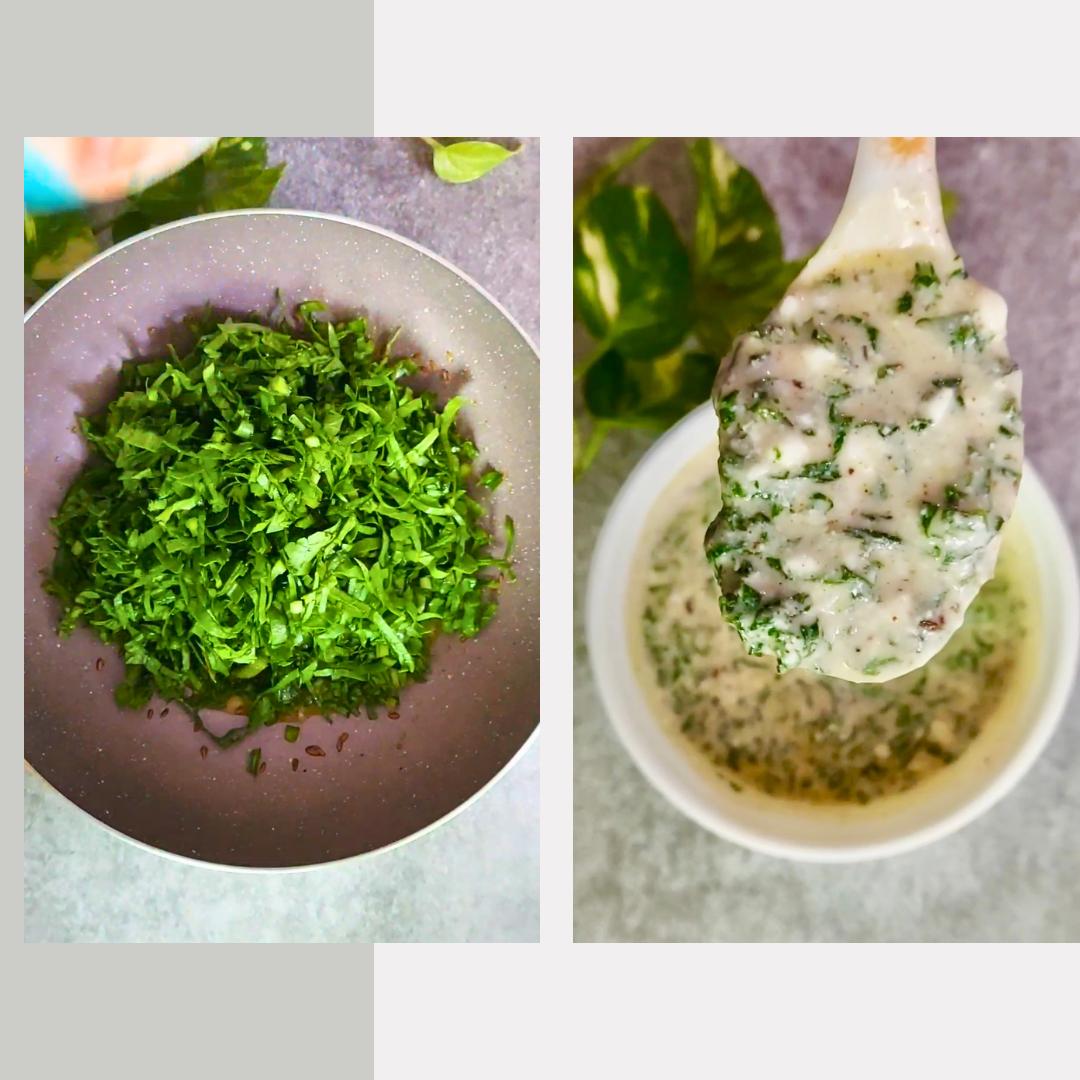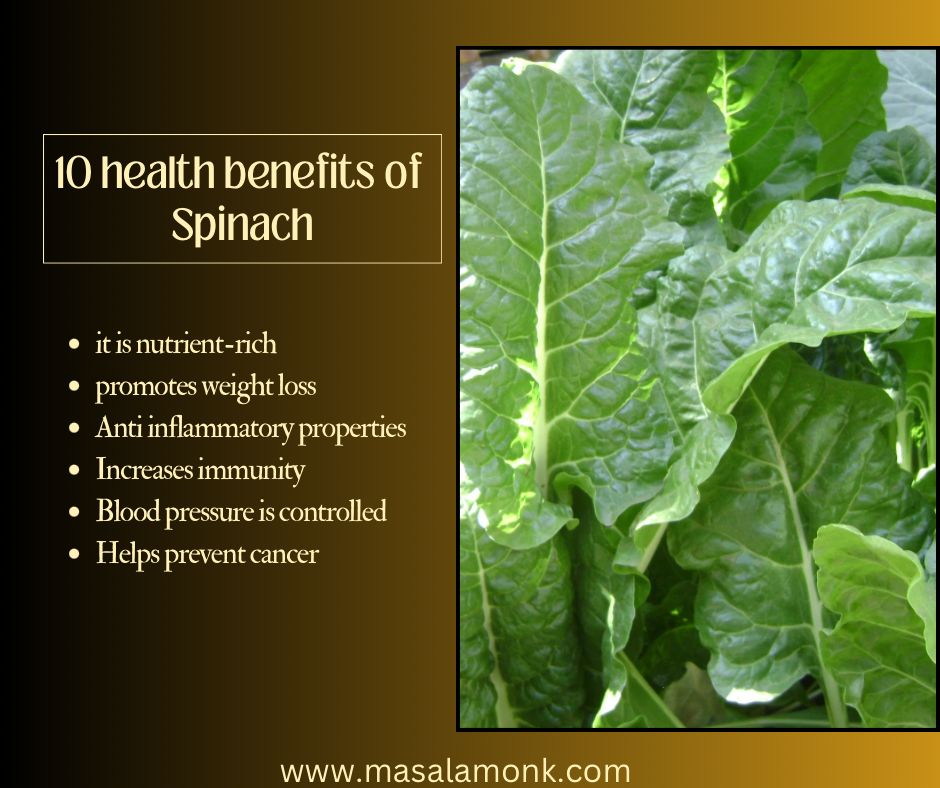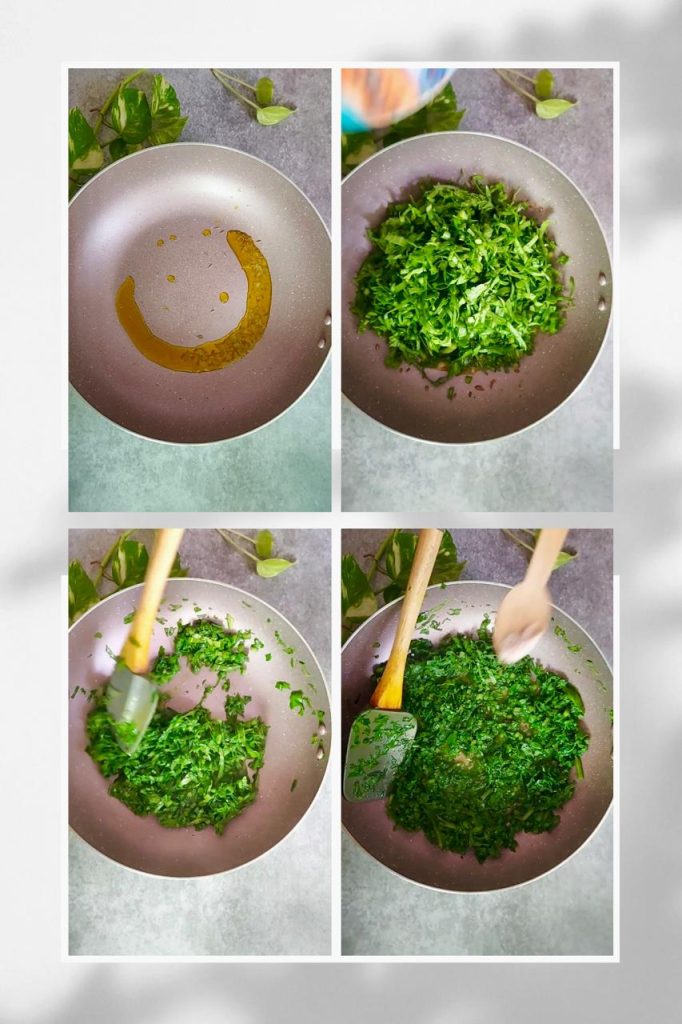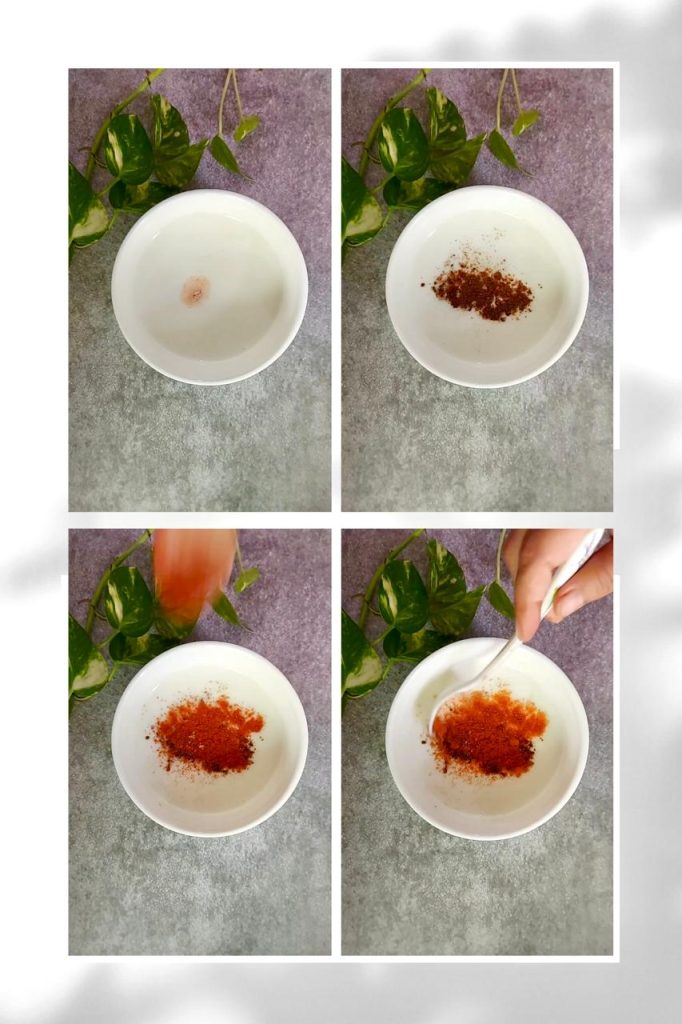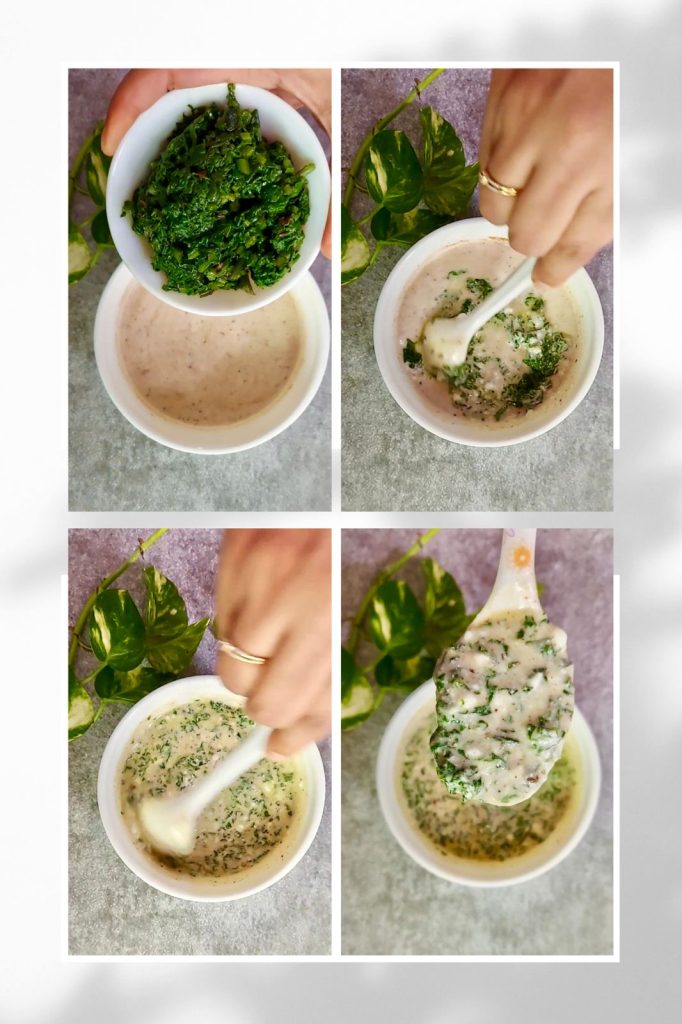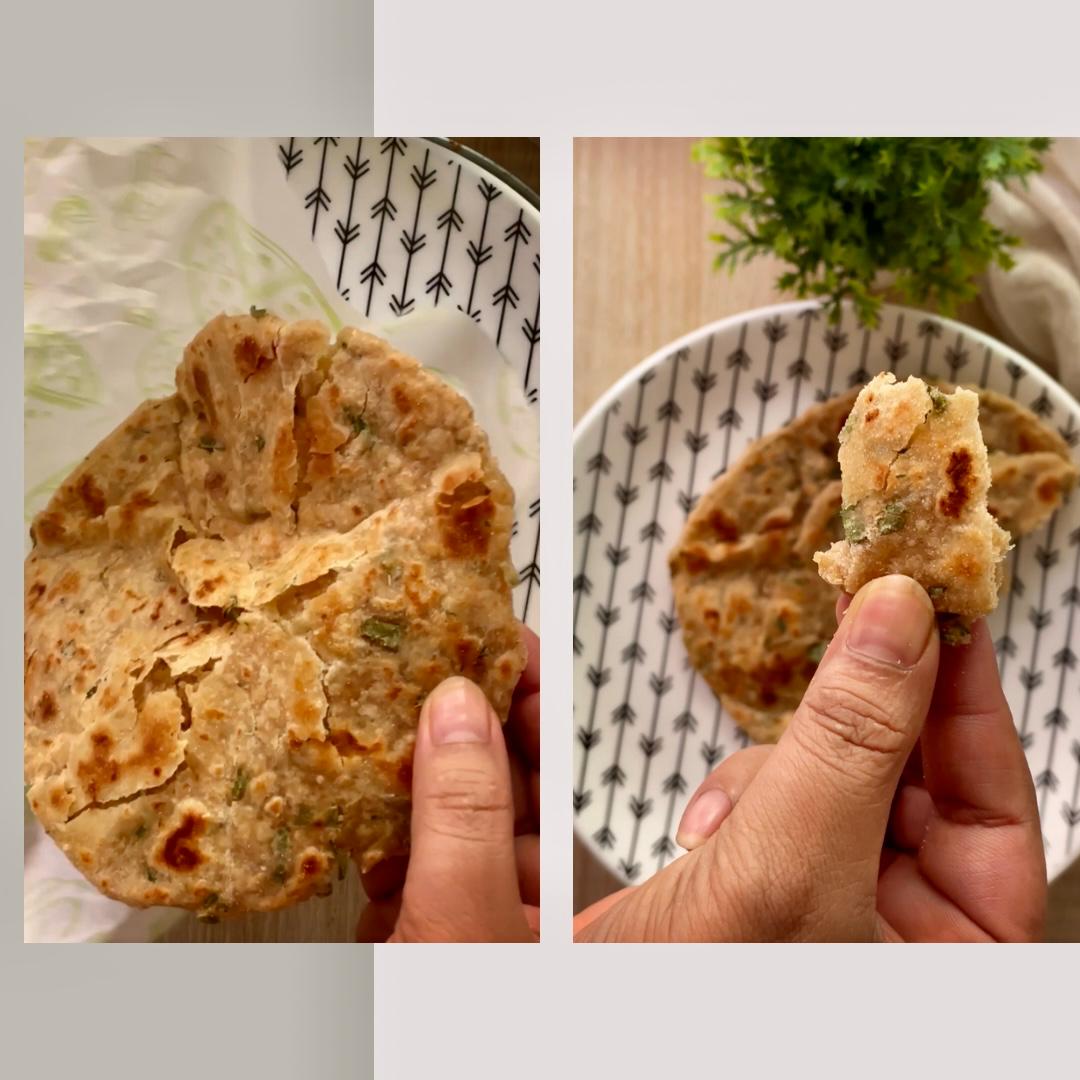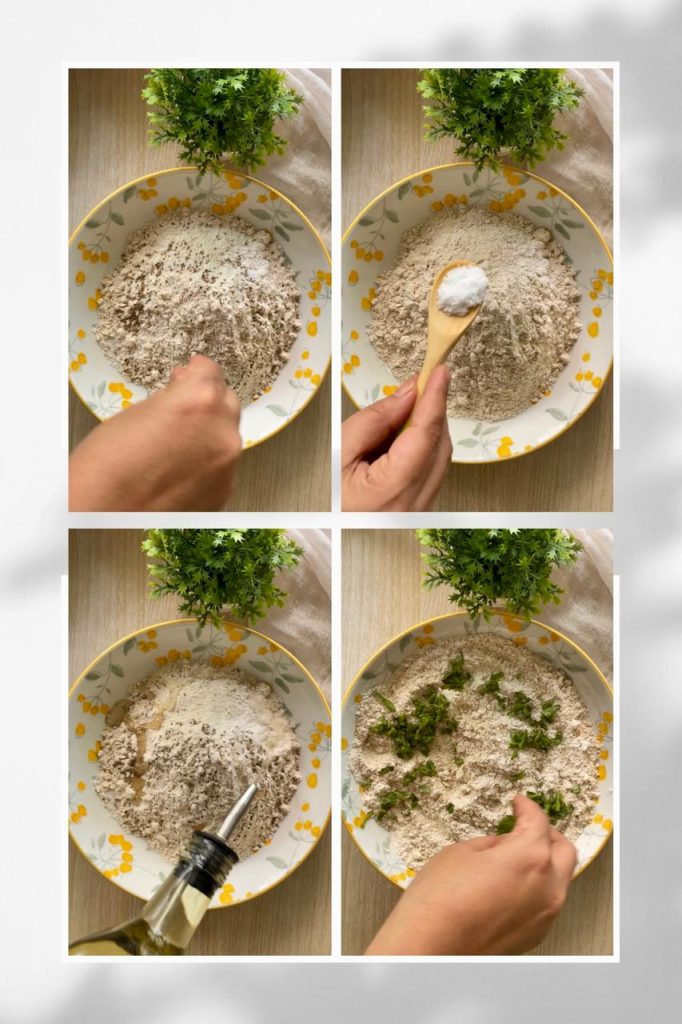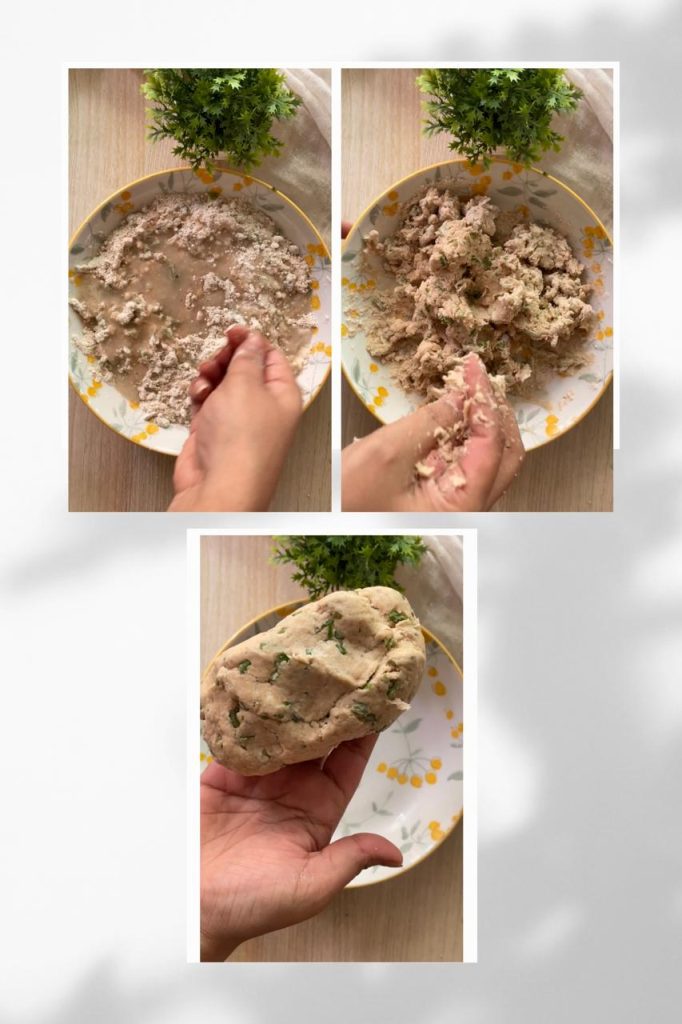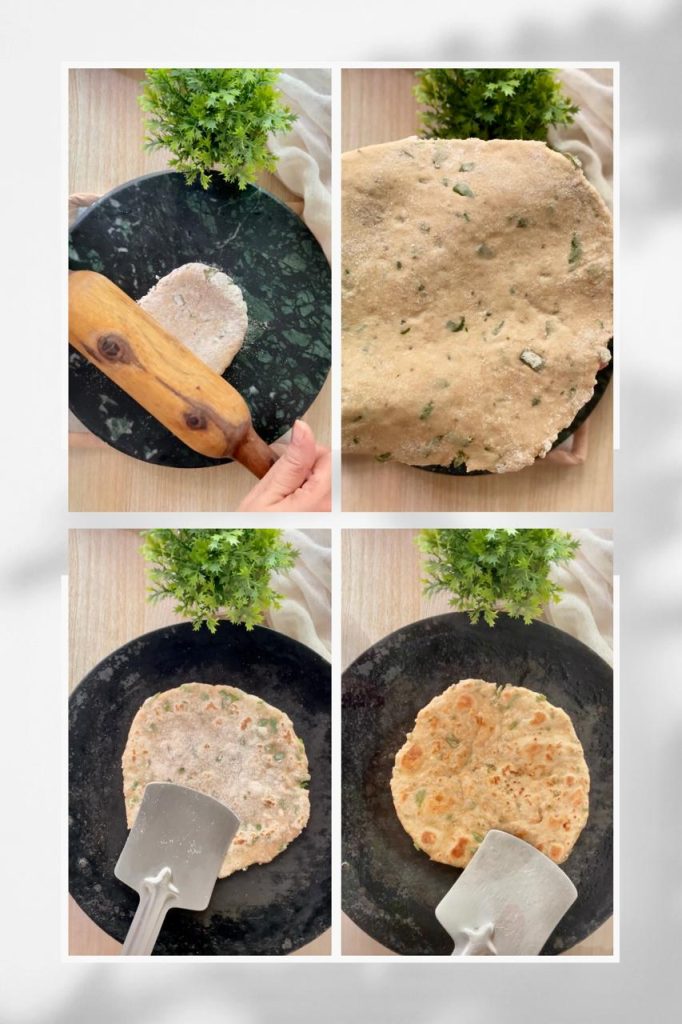
Starting your day with yoga can set a positive tone and energize your body and mind. A morning yoga routine helps to increase flexibility, build strength, and cultivate a sense of calm that lasts throughout the day. In this guide, we’ll walk you through a detailed morning yoga routine that you can easily follow at home. Each pose is designed to wake up your muscles, improve your mood, and enhance your overall well-being.
A free PDF is embedded and available to download, save, or print at the end of this post.
1. Child’s Pose (Balasana)
Begin in a kneeling position, sit back on your heels, and extend your arms forward, resting your forehead on the mat. This pose gently stretches your back and calms the mind.
- Benefits: Relieves back and neck pain, reduces stress, and calms the brain.
- How to: Kneel on the mat with your big toes touching and knees apart. Sit back on your heels and stretch your arms forward, lowering your torso between your thighs. Rest your forehead on the mat.
2. Cow Pose (Bitilasana)
Transition to an all-fours position. Inhale, arch your back, and lift your head and tailbone towards the ceiling. This pose warms up your spine and improves posture.
- Benefits: Stretches the front torso and neck, gently massages the spine.
- How to: Position yourself on your hands and knees, ensuring your wrists are directly under your shoulders and knees under your hips. Inhale deeply, arch your back, and lift your tailbone and head towards the sky.
3. Cat Pose (Marjaryasana)
Exhale, round your spine, and tuck your chin to your chest, moving into the cat pose. Alternate between cow and cat poses to release tension in the back.
- Benefits: Stretches the back torso and neck, gently massages the spine.
- How to: From the cow pose, exhale and round your spine towards the ceiling, tucking your tailbone and drawing your chin to your chest. Repeat the cow-cat sequence several times.
4. Downward Facing Dog (Adho Mukha Svanasana)
From all fours, lift your hips up and back, straightening your legs and forming an inverted V shape. This pose stretches the hamstrings, calves, and shoulders.
- Benefits: Strengthens arms and legs, stretches the shoulders, hamstrings, calves, and feet.
- How to: From your hands and knees, lift your hips towards the ceiling, straightening your legs as much as possible without locking your knees. Press your heels towards the floor and your hands into the mat, spreading your fingers wide.
5. Standing Forward Bend (Uttanasana)
Step forward and fold your upper body over your legs, allowing your head to hang down. This pose helps to relieve stress and stretch the hamstrings.
- Benefits: Stretches the hamstrings, calves, and hips; strengthens the thighs and knees; relieves stress.
- How to: From the downward facing dog, step your feet forward to meet your hands. Keep your knees slightly bent if needed, and let your upper body hang over your legs.
6. Mountain Pose (Tadasana)
Stand up tall with feet together, grounding through your feet. Reach your arms overhead, lengthening your spine. This pose improves posture and balance.
- Benefits: Improves posture, strengthens thighs, knees, and ankles, firms abdomen and buttocks.
- How to: Stand with your feet together, arms at your sides. Distribute your weight evenly across both feet, lift your kneecaps, and engage your thighs. Inhale and reach your arms overhead, lengthening through your spine.
7. Chair Pose (Utkatasana)
From mountain pose, bend your knees and lower your hips as if sitting in an invisible chair. Extend your arms overhead, engaging your core and leg muscles.
- Benefits: Strengthens the thighs, calves, and spine, stretches the chest and shoulders, stimulates the heart and diaphragm.
- How to: From mountain pose, bend your knees deeply, trying to keep your thighs as parallel to the floor as possible. Reach your arms overhead, with your biceps next to your ears.
8. Standing Forward Bend (Uttanasana)
Fold forward again from the hips, releasing any tension in your back and legs.
- Benefits: Stretches the hamstrings, calves, and hips; strengthens the thighs and knees; relieves stress.
- How to: Bend forward from the hips, allowing your torso to hang over your legs. Keep your knees slightly bent if needed, and hold your elbows with opposite hands for a deeper stretch.
9. Runner’s Lunge (Ardha Mandalasana)
Step one foot back into a deep lunge, aligning your knee over your ankle. This pose stretches the hip flexors and strengthens the legs.
- Benefits: Stretches the hips, groin, and legs; strengthens the thighs and ankles; improves balance.
- How to: From a standing position, step one foot back into a deep lunge, keeping your front knee over your ankle. Lower your hips and extend your back leg straight behind you.
10. Revolved Side Angle Pose (Parivrtta Parsvakonasana)
From the runner’s lunge, twist your torso towards the bent knee, extending your opposite arm up and over. This pose improves balance and detoxifies the organs.
- Benefits: Stretches and strengthens the legs, knees, and ankles; improves digestion and detoxifies the organs.
- How to: From runner’s lunge, place your opposite elbow on the outside of your bent knee. Twist your torso, extending your top arm overhead, and gaze towards your top hand.
11. Low Plank Pose (Chaturanga Dandasana)
Lower your body into a plank position with elbows bent, keeping your body in a straight line. This pose builds core and arm strength.
- Benefits: Strengthens the arms, shoulders, and core; improves balance.
- How to: From a high plank position, lower your body until your elbows are at a 90-degree angle, keeping your body in a straight line from head to heels.
12. Upward Facing Dog (Urdhva Mukha Svanasana)
From the low plank, roll over your toes and lift your chest upwards, keeping your legs straight and thighs off the ground. This pose opens the chest and strengthens the arms.
- Benefits: Strengthens the spine, arms, and wrists; stretches the chest, shoulders, and abdomen.
- How to: From low plank, roll over your toes, lift your chest, and straighten your arms. Keep your thighs off the ground and press your shoulders back.
13. Child’s Pose (Balasana)
Return to child’s pose for a moment of rest and relaxation.
- Benefits: Relieves back and neck pain, reduces stress, and calms the brain.
- How to: Sit back on your heels and extend your arms forward, resting your forehead on the mat.
14. Hero Pose (Virasana)
Sit back on your heels with knees bent and hands resting on your thighs. This pose promotes relaxation and improves digestion.
- Benefits: Stretches the thighs, knees, and ankles; improves digestion and relieves gas.
- How to: Kneel on the mat, with your knees together and feet slightly apart. Sit back between your heels, keeping your back straight and hands on your thighs.
15. Warrior 1 (Virabhadrasana I)
Step one foot forward and bend the knee, keeping the back leg straight. Raise your arms overhead. This pose builds strength and stability.
- Benefits: Strengthens the legs, ankles, and arms; stretches the chest, shoulders, and groin; improves balance.
- How to: From a standing position, step one foot back and bend your front knee. Raise your arms overhead and gaze forward.
16. Reverse Warrior (Viparita Virabhadrasana)
From warrior 1, lean back and reach one arm overhead, stretching the side body.
- Benefits: Stretches the side body, strengthens the legs and arms, improves flexibility.
- How to: From warrior 1, reach your back hand down your leg and extend your top arm overhead, leaning back slightly.
17. Warrior 2 (Virabhadrasana II)
Turn your back foot slightly and open your hips to the side, extending your arms parallel to the ground. This pose strengthens the legs and improves concentration.
- Benefits: Strengthens the legs, ankles, and arms; stretches the hips and groin; improves concentration and balance.
- How to: From warrior 1, open your hips to the side and extend your arms parallel to the ground, gazing over your front hand.
18. Extended Side Angle Pose (Utthita Parsvakonasana)
From warrior 2, lower your front hand to the ground or a block and extend your top arm over your ear. This pose stretches the sides and strengthens the legs.
- Benefits: Stretches the sides, hips, and hamstrings; strengthens the legs and ankles.
- How to: From warrior 2, lower your front hand to the ground or a block, and extend your top arm over your ear, creating a long line from your back foot to your fingertips.
19. Triangle Pose (Trikonasana)
Straighten your front leg, extend your front arm to the ground or a block, and reach your top arm towards the ceiling. This pose improves flexibility and balance.
- Benefits: Stretches the legs, hips, and spine; strengthens the legs and ankles; improves flexibility and balance.
- How to: From warrior 2, straighten your front leg and reach your front hand to the ground or a block. Extend your top arm towards the ceiling and gaze upwards.
20. Pigeon Pose (Kapotasana)
From downward facing dog, bring one knee forward and extend the opposite leg back, lowering your hips. This pose deeply stretches the hips and relieves lower back pain.
- Benefits: Stretches the hips, thighs, and groin; relieves lower back pain.
- How to: From downward facing dog, bring one knee forward and lower your hips, extending your back leg straight behind you. Keep your hips square and fold forward over your front leg.
21. Meditation Pose (Sukhasana)
Sit comfortably with your legs crossed and hands resting on your knees. Close your eyes and focus on your breath, calming your mind and body.
- Benefits: Calms the mind, reduces stress, improves focus.
- How to: Sit with your legs crossed and your back straight. Rest your hands on your knees, close your eyes, and take deep breaths.
22. Butterfly Forward Bend (Baddha Konasana)
Bring the soles of your feet together and fold forward over your legs, gently stretching your inner thighs and groin.
- Benefits: Stretches the inner thighs, groin, and knees; improves flexibility.
- How to: Sit with your legs bent and the soles of your feet together. Hold your feet with your hands and gently fold forward, keeping your back straight.
23. Seated Pose (Dandasana)
Sit with your legs extended straight in front of you, engaging your core and sitting tall. This pose improves posture and stretches the legs.
- Benefits: Strengthens the back muscles, improves posture, stretches the legs.
- How to: Sit with your legs extended straight in front of you. Flex your feet, engage your core, and sit up tall, with your hands resting on the mat beside you.
24. Corpse Pose (Savasana)
Lie down on your back with arms at your sides and legs slightly apart. Close your eyes and relax completely, allowing your body to absorb the benefits of your practice.
- Benefits: Relaxes the body, reduces stress, promotes overall well-being.
- How to: Lie on your back with your legs slightly apart and your arms at your sides, palms facing up. Close your eyes and take deep breaths, allowing your body to fully relax.
You can download / save / print this basic FREE PDF with 25 poses to get you started.
Conclusion
Incorporating this morning yoga routine into your daily schedule can bring numerous physical and mental benefits. Whether you’re new to yoga or a seasoned practitioner, these poses are designed to help you start your day with a sense of calm and vitality. Remember to move at your own pace, listen to your body, and enjoy the process.
Tags: Morning Yoga, Yoga Routine, Daily Yoga Practice, Yoga for Beginners, Yoga Poses, Wellness
FAQs:
Q: How long should I hold each pose? A: Aim to hold each pose for 3-5 breaths, adjusting the duration based on your comfort and experience level.
Q: Can I do this routine if I’m new to yoga? A: Yes, this routine includes beginner-friendly poses. Feel free to modify the poses as needed and use props for support.
Q: What are the benefits of a morning yoga routine? A: Morning yoga can improve flexibility, increase energy, reduce stress, and enhance mental clarity throughout the day.


